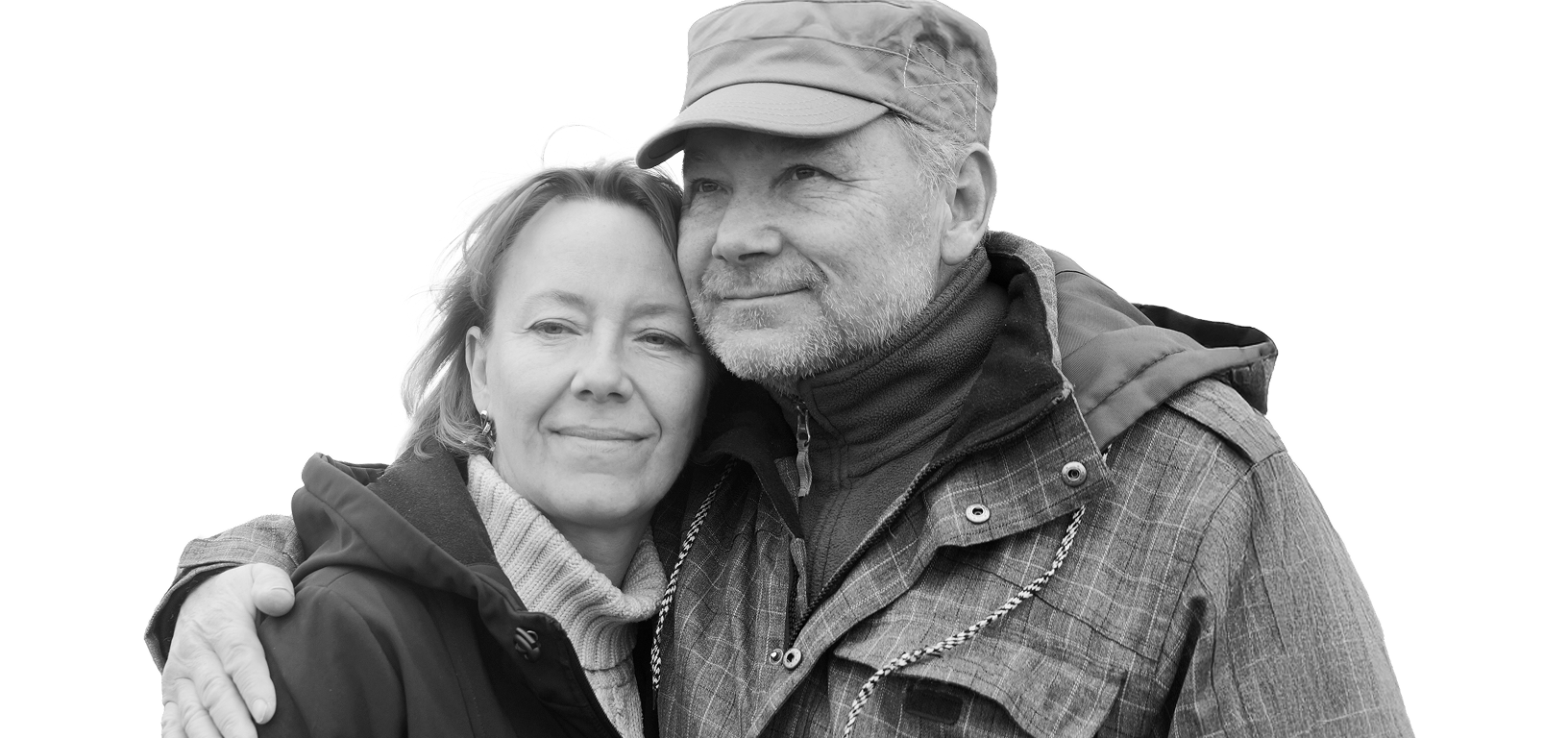Kidney cancer (RCC)
Treatment with KEYTRUDA
Adjuvant treatment for certain people with kidney cancer (RCC)

If surgery is your first step
It's important that you understand what the surgery is supposed to accomplish and learn more about what to expect. Before surgery, ask your doctor if any treatments may be required after surgery.
After surgery
It’s important that you take time to recover after your surgery. Stay in contact with your care team and ask when you may return to your regular activities.
While the goal of surgery is to remove all the cancer, it is still possible that the cancer can
come back.
After surgery, it is important to ask your urologist or care team about:
- Your pathology report*
- Your risk of the cancer coming back
- A treatment plan if you are at higher risk of your cancer coming back
- Whether a referral to an oncologist is right for you
- Whether you need a referral to an oncologist (if you and your urologist are unsure about your risk of cancer coming back)
*A pathology report is a medical report about a piece of tissue or organ that has been removed from your body. In RCC, the report helps measure your risk for cancer returning after surgery and develop any treatment plans to address your risk.
If you have had surgery for your kidney cancer and you are at high risk of your cancer coming back, ask your urologist or care team if a referral to an oncologist is right for you
Even after surgery to remove kidney cancer (RCC), certain people may be at a higher risk of the cancer returning or spreading
Where does kidney cancer (RCC) “recur” or come back?
When cancer comes back after surgery, it’s called recurrence. There are different types of cancer recurrence.
- In local recurrence, the cancer has come back in the same place it first started
- In distant recurrence, the cancer has come back in another part of the body
Want to know how your risk of kidney cancer (RCC) recurrence is determined?
Talk to your doctor about your pathology report to learn more about your risk level for kidney cancer (RCC) returning or spreading after surgery.
Adjuvant treatment with KEYTRUDA
If you’re at an intermediate-high or high risk of kidney cancer (RCC) returning after surgery, KEYTRUDA may be the next step.
KEYTRUDA may be used alone if you are at intermediate-high or high risk of your kidney cancer (RCC) coming back after surgery to remove all or part of your kidney, or remove all or part of your kidney and also surgery to remove cancer that has spread to other parts of the body (metastatic lesions).
Learn about the results from a clinical trial.
KEYTRUDA may be used alone after surgery
KEYTRUDA alone
Every patient is different. For that reason, your doctor will decide how many treatments you need based on your experience with KEYTRUDA.
Continue treatment with KEYTRUDA alone after surgery as recommended by your doctor.
You can also learn about tips for managing your health while on KEYTRUDA.
Questions to ask your doctor about treatment after surgery
Taking an active role in your treatment plan after surgery can help you prepare for what comes next—and knowing what questions to ask can help you feel more confident in your future treatment discussions.
Consider asking your doctor questions like:
- Am I at higher risk of my cancer coming back after surgery?
- What are the signs of recurrence that I should watch for?
- How does adjuvant therapy help reduce the chance of cancer coming back?
- What are my treatment options after surgery?
- What is KEYTRUDA and how does it work?
- What can help lower my risk of recurrence?
- What are the risks and benefits of KEYTRUDA?
- How will I receive KEYTRUDA?
- How long will I stay on KEYTRUDA?
- What are possible side effects of KEYTRUDA?
Writing down questions and taking notes when you meet with your doctor can help make your next conversation
less overwhelming.
Getting the support you need throughout your treatment journey
It’s important to discuss your questions and concerns with your doctor and care team throughout your treatment journey. It’s also important to remember you are not alone on this journey.
Your doctor, care team, and loved ones are always there to offer guidance and support.
Your care team may include:
Urologist
Doctor with special training in urinary organs and male reproductive organs. This is likely the doctor who diagnosed your kidney cancer.
Oncologist
Specialist in cancer and cancer treatment. Along with your surgeon, an oncologist will help develop the right treatment plan for you, including whether treatment after surgery is necessary.
Oncology nurses
Registered nurses with advanced training. These specialists work with patients who have cancer.
Patient support throughout your treatment
Patients who have been prescribed KEYTRUDA for an approved indication can access additional support from KEY+YOU, the patient support program for KEYTRUDA. KEY+YOU helps eligible patients by offering educational resources and support information throughout treatment.
Call 85-KEYTRUDA (855-398-7832)